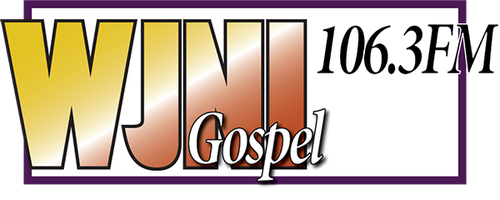Proposed transportation sales tax to help fund Mark Clark extension
NORTH CHARLESTON, S.C. (WCBD) – Come November, Charleston County voters will choose ‘yes’ or ‘no,’ on a transportation sales tax referendum to finance traffic projects throughout the county.
“On the ballot, they will have two questions. One: do you want to proceed with the tax? And then a second question about bonding. And so, it will be up to them to decide whether or not they want to continue the tax or not,” explained Jenny Costa Honeycutt, a member of Charleston County Council who represents District 9.
County council approved the third and final reading of the referendum Tuesday night in front of a crowd who gave mixed reviews during a public hearing. Much of the feedback was centered around the Mark Clark extension.
One Johns Island resident urged council to pass the referendum and pointed out the fact that there are only two ways on and off the island.
“526 has been planned and considered since the 1960s. It has been completed from Mount Pleasant, North Charleston, West Ashley. The ones you are leaving out are James and Johns Island,” the speaker said to council.
James Island resident, Adam Friend, had a differing outlook on the extension and called on county leaders to separate the referendum into two parts.
“The entire 526 extension, in my opinion having been here since Hugo, is a debacle at best and its financially irresponsible,” Friend shared.
The county lists the 526 extension as a priority project with an estimated $1.8 billion price tag. According to the county’s website, the plan is to extend the Mark Clark Expressway form its junction with US-17 in West Ashley onto Johns and James Island.
Improvement projects in North Charleston, West Ashley, and Mount Pleasant will also potentially benefit from the tax.
“So, the referendum is going to include all of those projects. And, you know, we never know exactly to the penny how much something is going to cost,” Honeycutt explained. “…but of course, the county will do everything it can to seek federal grants and additional moneys. And we hope that the permitting process will allow us, in all of these projects, once they’re shovel ready and once a permit has been issued, to so seek those federal and additional resources from the state.”
If passed, the tax will replace the 2004 transportation sales tax which officials said is set to expire in 2025.


